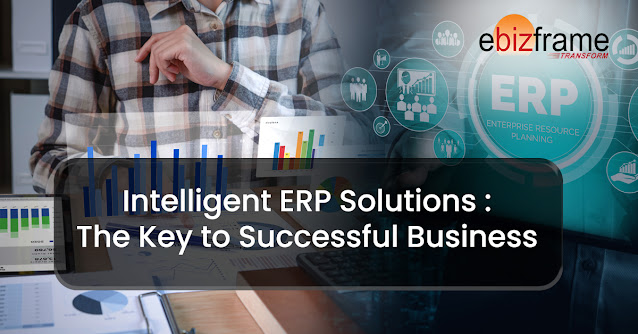How To Choose RPA Software: 8 Key Factors To Consider
Even though this technology is becoming more popular every day, many businesses are still unaware of its capabilities.
Criteria For Selecting The Right RPA Software
We must keep the company & rsquo ;s aims and requirements in mind when choosing the appropriate RPA technology. Consequently, the following sections provide the necessary guidelines for selecting the appropriate RPA software.
1. Ease of Implementation
One of the most important aspects of RPA software is how simple it is to adopt, how non-invasive it is, and how well it integrates with current legacy systems. It’s vital to reduce downtime, ensure a smooth transition after adopting the automation solution, and examine the tool’s integration capacity with current systems while picking the proper tool.
2. Ease of use
The software should be simple to use, flexible enough to allow basic automation processes, require little training, be user-friendly, and be easy to control. Furthermore, the option should be suitable for business analysts who are not programmers.
3. Speed
One of the most important criteria is to increase process speed. The primary goal of implementing the RPA software is to improve the process’s speed and efficiency. As a result, we should see if the RPA tool boosts task completion, mapping processes, and other areas.
4. Technical Features
An organisation should consider important elements such as screen scraping, scalability, and other factors while evaluating an RPA tool. Because software robots handle sensitive data, the company should investigate the tool’s security features.
5. Ownership Cost
Cost of Ownership is another significant factor to keep in mind before finalizing an RPA tool. It is determined by various elements, including vendor prices, licence fees, installation costs, and maintenance costs.
6. Scalability
The most important thing to consider when selecting an RPA technology is scalability. If a product can’t scale your requirements, then it’s not the right choice for your business. Many times businesses choose to start with the automation of their core processes using RPA, however, find their business growing rapidly. If the RPA software doesn’t scale as needed, the RPA technology you rely on could become a bottleneck for growth.
7. Architecture
Any firm can benefit greatly from well-implemented RPA software. It indicates when and where we may utilize RPA and how well it can be customized to execute specific jobs. As a result, before selecting an RPA tool, businesses should ensure that they have the necessary abilities and competence to use it and know when it should not be used. They can also hire RPA experts to help them in building their RPA strategy.
Reach out to our RPA experts to know how RPA can Digitally Transform your business.Clients should have access to robust vendor support from technology providers. It’s usually a good idea to go with reputable vendors who have a solid support system in place. Smoother deployments, increased technology breakthroughs, user training and certifications, and more are possible with good vendor assistance.
The ESS team consists of RPA experts who have worked for clients in diverse industries.
Get RPA solutions already set up to handle business functions such as invoice processing, account reconciliation, sales orders, hiring, and onboarding.
Contact our team to find out how RPA can help your business achieve the next level of growth and productivity.




Comments
Post a Comment